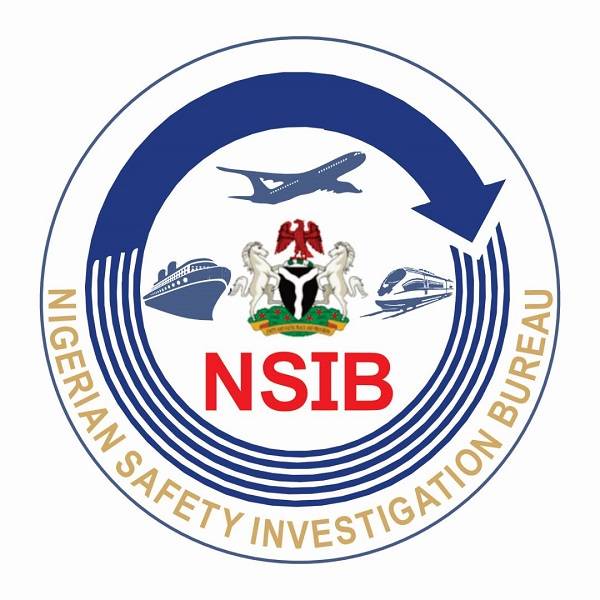
The Nigerian Safety Investigation Bureau (NSIB) has responded to recent concerns about the safety of Nigerian airports, clarified its involvement in the investigation of the helicopter crash that claimed the life of Herbert Wigwe and provided updates on its expanded mandate that now spans all modes of transportation.
Reacting to a statement from the U.S. State Department suggesting that Nigerian airports are generally unsafe, NSIB director-general, Capt. Alex Bade Jr. said during an interview on Arise TV that while improvements are always possible, the NSIB does not agree with the broad assessment. “It’s crucial to consider the context and metrics used in such evaluations,” he said. “We do not concur with the blanket statement that Nigerian airports are unsafe.”
Bade acknowledged challenges such as perimeter fencing issues and occasional wildlife intrusions at some airports but emphasised that these problems are not unique to Nigeria and occur at airports globally, including in the United States. “It’s unfair to generalise that our airports are unsafe. We recognise the need for continuous improvement and commend the Federal Airports Authority of Nigeria (FAAN) for the upgrades they are implementing,” he added.
Speaking on the recent incident in Asaba, where an aircraft reportedly encountered animals on the runway, Bade clarified that the aircraft was undamaged and completed its journey to Abuja without incident. The occurrence, he explained, was reported to the Nigerian Civil Aviation Authority (NCAA), not the NSIB, as it did not meet the threshold for their investigation. “We will, however, reach out to the private entity managing the airport to share best practices. It’s important to note that such occurrences are rare in Nigeria,” he stated.
Addressing public misconceptions regarding the investigation into the helicopter crash that killed Herbert Wigwe, Bade explained that while the NSIB was involved, it did not operate “side-by-side” with the U.S. National Transportation Safety Board (NTSB). “We were an interested party and were kept informed throughout the process by the NTSB, who led the investigation,” he said.
A statement from the bureau’s director of public affairs and family assistance, Bimbo Oladeji indicated that the NTSB’s report identified spatial disorientation as the probable cause of the crash. Bade added that the report also cited failures in the company’s safety oversight and risk management systems. “There were systemic issues. The flight risk assessment should have flagged the high risk. It’s easy to blame the pilot, but there is a system behind the pilot that is supposed to help manage and reduce such risks,” he explained.
Bade also shared updates on the NSIB’s expanded responsibilities. “Under our establishment Act of 2022, we are now the sole accident investigation agency in Nigeria, with jurisdiction over air, rail, road, and maritime accidents. We are developing essential frameworks, including maritime investigation regulations, training manuals and investigation procedures. The maritime and rail frameworks are already completed and we are now consulting stakeholders for their input,” he said.
The NSIB reaffirmed its commitment to enhancing transport safety and ensuring transparent, professional investigations into all transport-related accidents and incidents across Nigeria.

